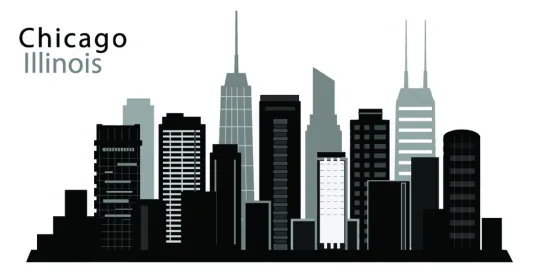The Chicago Department of Business Affairs and Consumer Protection has published its final rules on the Paid Leave and Paid Sick Leave Ordinance, which will go into effect on July 1, 2024.
Under the Ordinance and the final rules, employers must provide up to 40 hours of paid leave and 40 hours of paid sick leave to all covered employees in Chicago. Under the Ordinance, for every 35 hours worked, an employee will accrue one hour of paid leave AND one hour of paid sick leave. This applies to any employee who in any two-week period performs at least two hours of work while physically present within the geographic boundaries of the city. This includes remote workers and workers who telecommute even if the employer is physically located outside the geographical boundaries of the city. Employees who work on commission and whose hours are not tracked are required to accrue leave as a salaried employee.
Employers can choose to front load or allow the employee to accrue leave over time. If an employer chooses to front load 40 hours of paid leave, an employer is not required to carry over any unused paid leave. However, under the final rules, whether an employer chooses to front load or accrue sick leave, an employee must be allowed to carry over 80 hours of unused sick leave to the next benefit year.
Under the Ordinance, regardless of the number of employees and the method of providing leave, an employee must be allowed to use sick leave by the 30th day of employment and paid leave by the 90th day of employment. This requirement also applies to employers who choose to grant employees 80 hours of leave to use as they see fit.
Paid leave and sick leave must be paid no later than the next regular payroll period after the leave was used. Employers cannot request an employee to waive the right to use leave in exchange for payment. For non-exempt employees covered under the Ordinance who receive commissions, employers must pay out paid leave and sick leave based on the base wage or the highest hourly rate of the federal, Illinois or Chicago minimum wage. For employees who receive gratuities, the employer must pay out paid leave and sick leave at the highest hourly rate of the federal, Illinois or Chicago minimum wage, without any allowance or credit for tips.
The Ordinance requires employers to adopt a written policy and provide notice to all employees covered under the ordinance.




 />i
/>i

